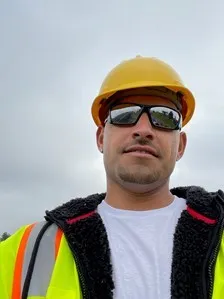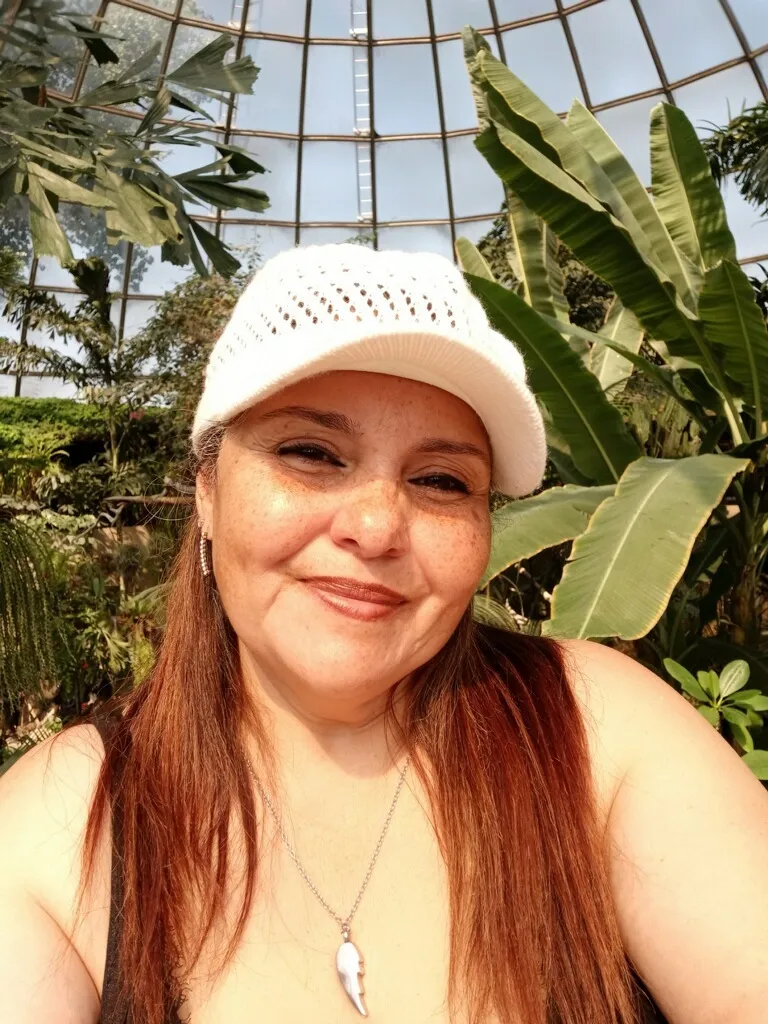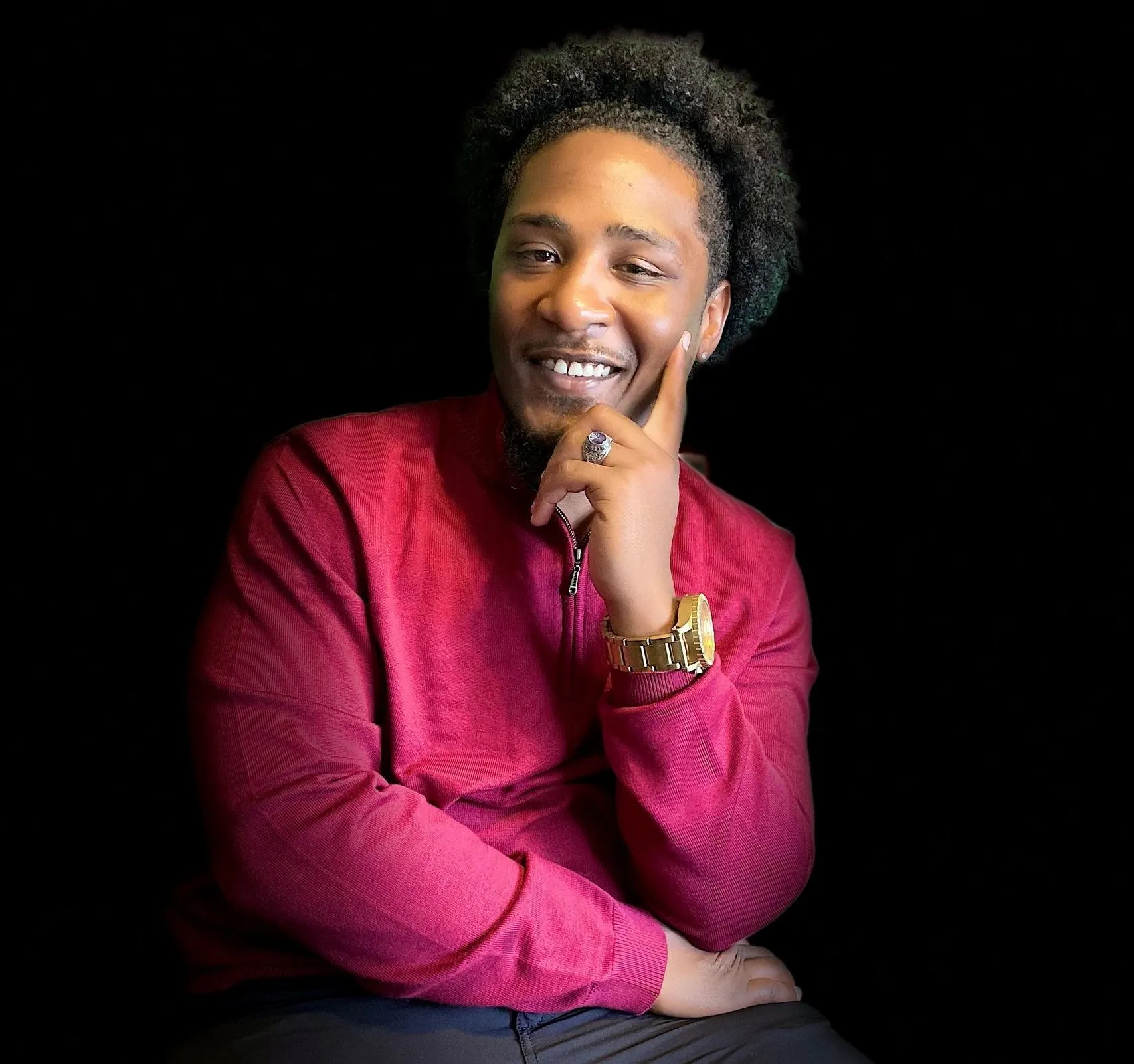“Growing up, I always wanted to be popular and fit in,” Jose says. “That’s basically how it all started.”
|Raised in South Sacramento, he insists the desire for acceptance early in life contributed to his incarceration. Eventually, Jose started hanging out with some local gang members, mostly for the parties and social scene. Wanting to be accepted, he followed the crowd and started taking part in criminal activity. After a while, he believed he’d found something of a family in the crew. Over the years, this lifestyle resulted in Jose spending much of his youth in and out of juvenile detention.
“That was the main reason why I even got involved with that lifestyle in the first place,” he says, “because I felt like I needed other people.
At 18 years old, Jose was sentenced to life in prison. While incarcerated, he began reflecting on his life and trying to figure out where things had gone wrong. This is when Jose says he recognized how his need for acceptance had led him astray. As the years rolled by, the gang that he thought was his family had all but disappeared. For the first time, Jose says, he realized that he didn’t need them, and in fact he would be better off without them.
Fortunately, there was a revision to a statute that affected Jose’s case. Because of this, he was resentenced, and the original term of “life in prison” was ultimately dropped. After serving 11 years in prison, Jose was released.
“Doing all that time taught me a lot about life, friends, and family,” he says. “It made me a better person.”
Returning from incarceration, Jose says the things he needed the most were money, employment, and housing. He moved from one family member’s house to the next, until he received assistance from Freedom Through Education, a Sacramento-based organization which provides reentry housing among other services for returning citizens.
For employment, Jose found transitional work with the Center for Employment Opportunities (CEO) and enrolled in the Returning Citizens Stimulus (RCS) program through a partner organization, For The People. RCS provided immediate financial support to people returning from incarceration during the COVID-19 pandemic. Participants received monthly stipends provided they met mutually agreed upon milestones with local reentry providers.
“The RCS money was crucial,” Jose says, “because without it, I would have come home to nothing. That’s what got me all set up in the beginning. I was able to buy clothes and other necessities. It was really helpful.”
Soon after, Jose secured employment as a member of his local Iron Workers Union. He found the work challenging but immensely rewarding. Unfortunately, there weren't enough hours available to provide enough wages. But because Jose had his RCS funds, he didn’t have to stress as much about the decreased work. That stress, he explains, can drive people to crimes out of desperation.
“The RCS money gave me a sense of security, and that was the most important part.”
Recently, Jose started an internship at the Self-Awareness & Recovery (SAR) program, a local organization dedicated to the reduction of recidivism and incarceration through healing emotional wounds and exploring the causative factors that led to destructive patterns during participants’ formative years.
“I’m trying to give back to society and be a positive influence for the guys in the program,” Jose says. “With everything I’ve been through, I want them to see that I changed and ended up okay, and they can too.”




